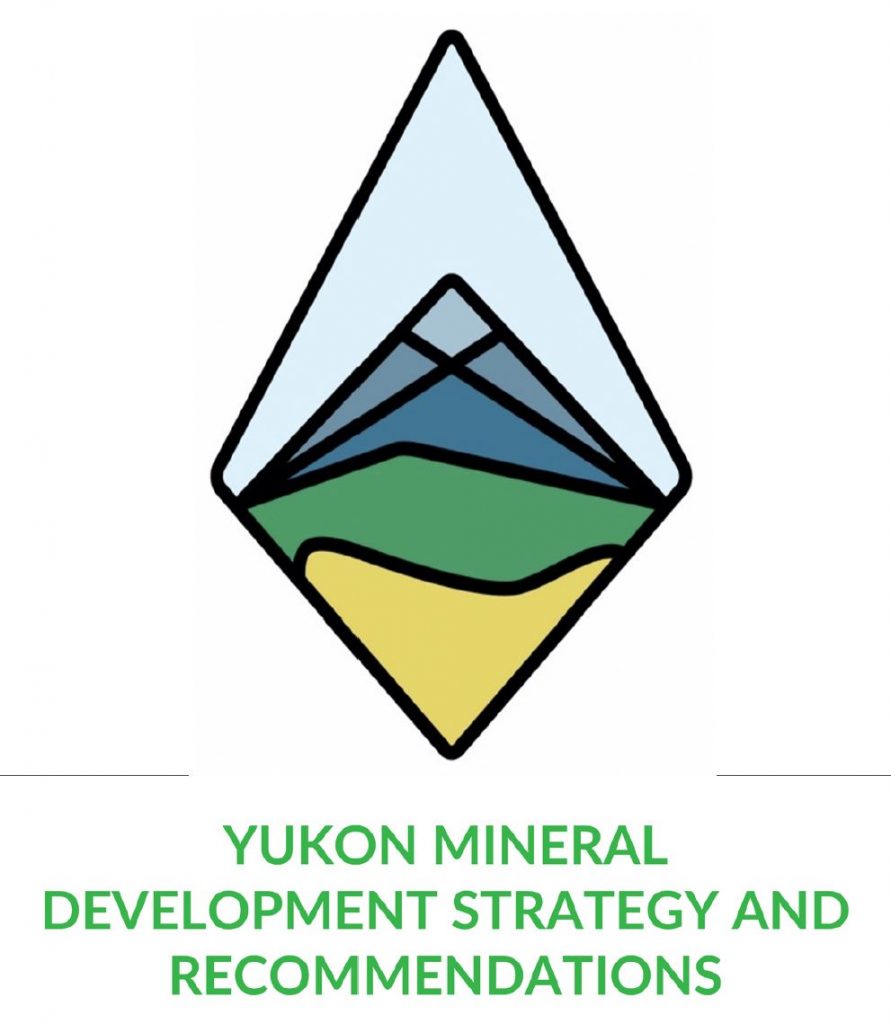Yukon, First Nations release mineral development report ahead of mining act update


The rights of Indigenous peoples is at the heart of the Yukon Mineral Development Report prepared by an independent committee of government and First Nations representatives. The report was prepared by the Mineral Development Strategy (MDS) Panel after extensive engagement with the government, First Nations and the public.
Released on Apr. 15, the MDS will provide the framework with which to update the Quartz and Placer mining acts in the territory. The Strategy also includes streamlining land use planning and creating a more equitable royalty structure.
The MDS report lays out a collaborative and place-based method of resource development in a way that benefits all Yukoners and supports a robust, balanced mining industry. The vision behind it respects First Nations values, modern treaties, environmental legacies, the need for social licence, and more. As well it is intended to encourage global investment and create a transparent and stable regulatory regime.
The MDS report outlines seven guiding principles to be followed to create a mining industry that benefits all residents:
The MDS report includes six strategic priorities with detailed actions to be taken to achieve these goals.
The Strategy concludes in part: “…the MDS Panel believes that industry will seize the opportunity to respond positively to the further alignment of the mining industry’s interests with the interests of the people who call the Yukon home. Establishing the alignment of development interests among all Yukon people will make the Yukon a rare and unique jurisdiction in the world.”
The Yukon Mineral Development Strategy report may be read in its entirety or downloaded at http://yukonmds.com/.
Comments
Randy Clarkson
The Yukon Mineral Development Strategy starts off with a great statement: “The completion of the Yukon Mineral Development Strategy marks just the beginning of the transformation of the Yukon’s mineral industry for the benefit of all Yukoners”. This is something everyone would want, I wish it was true. There are public information campaigns, some limited improvements proposed for the regulatory system, and some inferences for more cooperation with the vastly empowered First Nation’s governments but these small improvements would be dramatically overwhelmed by other proposed major regulatory/policy amendments. The only certainty for the mining industry which has been proposed by the YMDS is the withdrawal of areas for exploration/development and some compensation for lost mining rights. This is very unlikely to “spark the flow of investment dollars” or “create jobs, strengthen and diversify our economy”. For the Yukon’s Mining Industry this preliminary statement couldn’t be further from the intent of the final draft of the YMDS.
The third introductory paragraph more accurately reflects the focus of the YMDS: “The Yukon Mineral Development Strategy respects the broader recognition of Indigenous rights that has evolved in the quarter century since the template for the modern Yukon treaties, the Umbrella Final Agreement, was signed in 1993. Reconciliation with Yukon First Nation people is at the heart of the place-based approach embodied in the Yukon Mineral Development Strategy”. The YMDS seeks to greatly increase the power of First Nation governments (“province-like governance powers”) to block or approve mineral developments and/or extract monetary compensation from advanced exploration and mine operators. It appears that the YMDS hopes that this empowerment and money would increase the cooperation and participation of FN peoples in mineral development.
There is no question that First Nation’s peoples were treated unfairly in the past and that racism and more subtle (un-official) forms of discrimination are still occurring. First Nations peoples have suffered immensely and lost some of their culture, languages and self-esteem. Canada and the Yukon need to foster integrated programs to allow our communities (many of which are populated mostly by First Nations peoples) to upgrade education levels, skills and incomes to encourage participation in a healthier modern economy. The YMDS does include proposals for training and education but needs to focus on these aspects rather than on granting absolute power to a minority of the Yukon’s population.